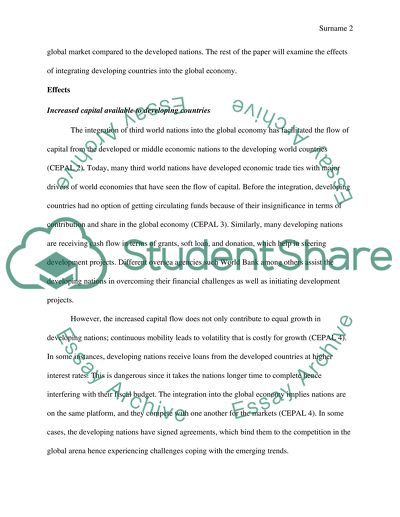Cite this document
(“What are the effects on developing countries of integration into the Essay”, n.d.)
Retrieved from https://studentshare.org/finance-accounting/1690695-what-are-the-effects-on-developing-countries-of-integration-into-the-global-economy
Retrieved from https://studentshare.org/finance-accounting/1690695-what-are-the-effects-on-developing-countries-of-integration-into-the-global-economy
(What Are the Effects on Developing Countries of Integration into the Essay)
https://studentshare.org/finance-accounting/1690695-what-are-the-effects-on-developing-countries-of-integration-into-the-global-economy.
https://studentshare.org/finance-accounting/1690695-what-are-the-effects-on-developing-countries-of-integration-into-the-global-economy.
“What Are the Effects on Developing Countries of Integration into the Essay”, n.d. https://studentshare.org/finance-accounting/1690695-what-are-the-effects-on-developing-countries-of-integration-into-the-global-economy.


